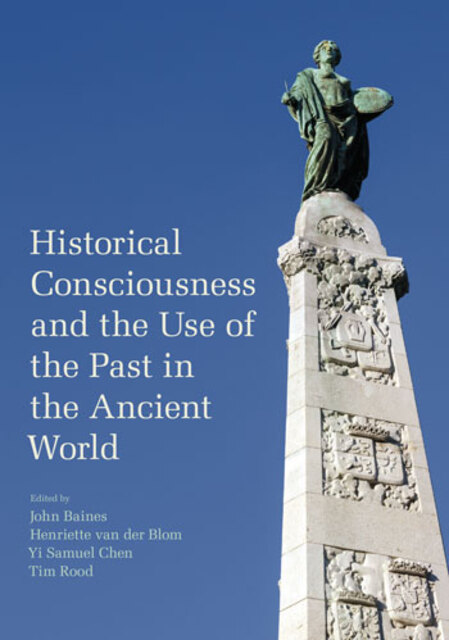Baines et al./Historical Consciousness, 4. 'I Swear that these are no Lies'

Full description
In ancient Mesopotamia historiography is grounded on two concurrent perceptions of time: the sequential order of specific events remains framed by the underlying notion of the cyclical nature of time. Historiography evolves around these different conceptions, framing all historical interpretations. As much as specific events might be understood as an actualization of mytho-historical narratives, this concept is challenged by the Mesopotamians’ striving after renown and fame, kleos. To make a name for themselves was a salient means of acquiring a “lasting life”, well beyond physical death. This conflict is reflected in manipulations of historical memories as well as in the epistemic prefiguration of historical records. The chapter focuses on 3rd millennium sources, discussing the conflict between mytho-historical narration and the recording of individual deeds. The following topics are addressed, mainly through commemorative inscriptions and literary texts: 1. The fictional framing of historical records and the historiographic aims of literary texts; 2. The roles of the omniscient narrator and the hidden narrator; cultural memory, the individual, and the creation of authority; 3. Creation and reassertion of cultural identities by alteration, manipulation, and omission (deletion) of historical events in both fictional and nonfictional narration.
- typeImage
- created on
- file formatjpg
- file size36 KB
- container titleHistorical Consciousness and the Use of the Past in the Ancient World
- creatorGebhard Selz
- isbn9781781796580 (eBook)
- publisherEquinox Publishing Ltd.
- publisher placeSheffield, United Kingdom
- rights holderEquinox Publishing Ltd.
- doi
We use cookies to analyze our traffic. Please decide if you are willing to accept cookies from our website. You can change this setting anytime in Privacy Settings.
